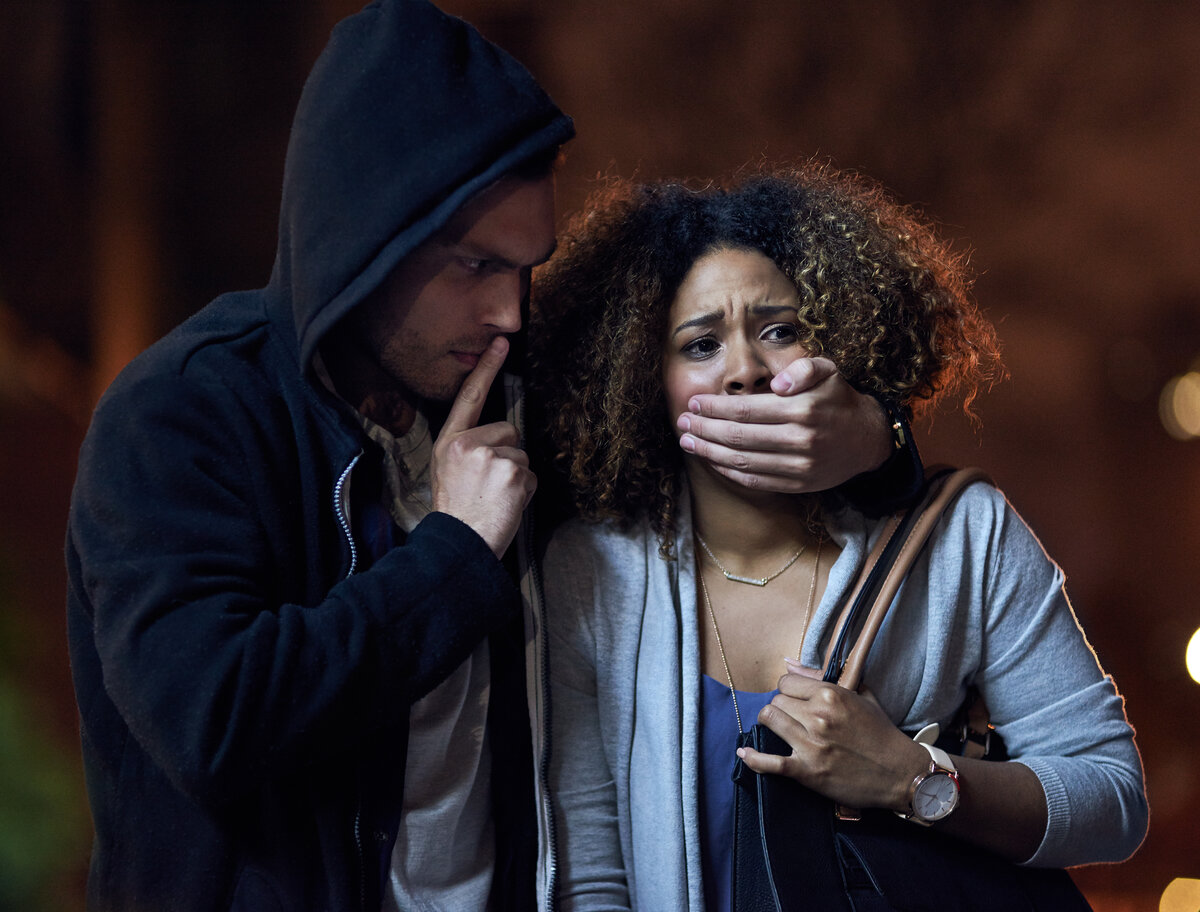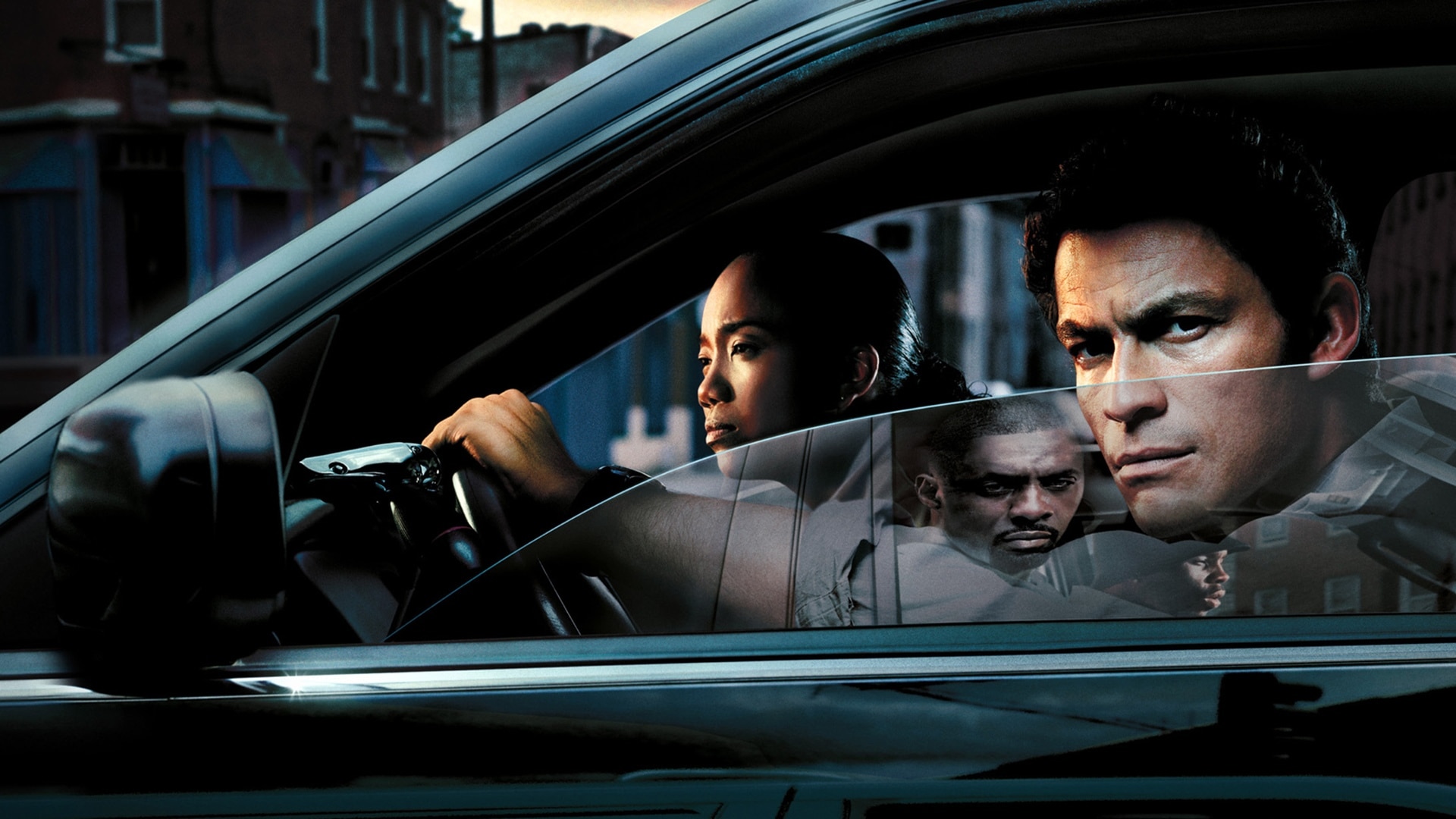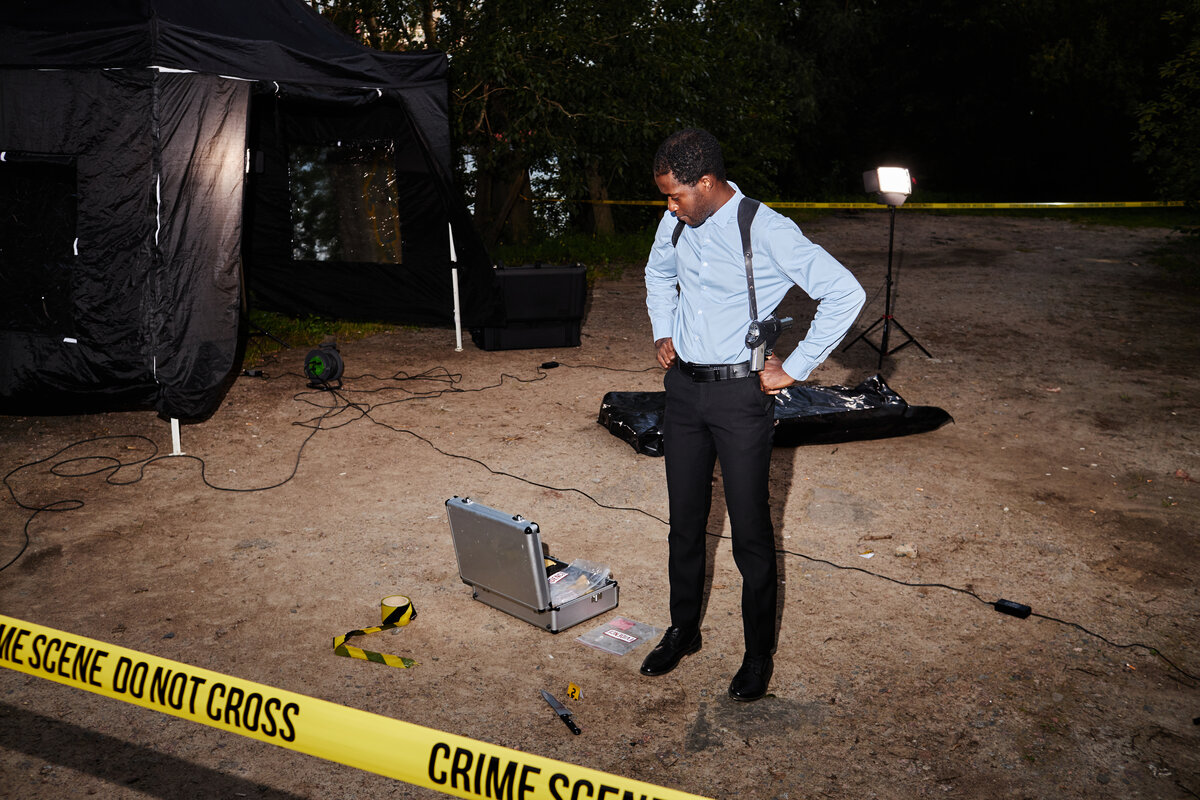
Few tropes in crime television are as compelling and enduring as the conspiracy. With its intricate webs of deception, power struggles, and hidden agendas, the conspiracy trope captivates audiences by tapping into our innate curiosity and mistrust of authority. Whether it’s a shadowy cabal pulling the strings or a government cover-up, conspiracies create high-stakes drama while exploring themes of corruption, secrecy, and moral ambiguity.
In this article, we’ll dive into the elements that make the conspiracy trope so effective, explore its variations, and highlight standout examples from crime television.
Why Conspiracies Captivate Us
Conspiracies resonate with audiences because they reflect real-world fears and anxieties. They thrive in a narrative space where nothing is as it seems, and every revelation leads to deeper mysteries.
A Universal Appeal
At its core, the conspiracy trope is about power—who has it, how it’s used, and how it’s hidden. This makes it universally relatable, as it reflects concerns about corruption, inequality, and systemic failure. Whether it’s a secret organization controlling a city or a police department covering up a scandal, conspiracies force us to confront uncomfortable truths about the institutions we rely on.
The Thrill of Discovery
Part of the appeal lies in the detective work. Watching characters unravel layers of deception and piece together the truth is inherently satisfying. It mirrors our own desire to make sense of chaos and uncover hidden truths, especially in a world where mistrust of authority is growing.
Variations of the Conspiracy Trope
While the basic premise of a conspiracy remains consistent, its execution varies widely depending on the show’s tone and focus.
1. Government and Institutional Cover-Ups
Shows like True Detective and Homeland delve into government and institutional conspiracies, exposing how those in power manipulate systems to maintain control. These narratives often highlight themes of systemic corruption and moral compromise.
2. Criminal Conspiracies
In some cases, the conspiracies are driven by organized crime or shadowy cabals. The Sopranos and Breaking Bad explore how criminal enterprises operate as secret societies, complete with codes of conduct and internal power struggles.
3. Multi-Layered Mysteries
In series like The X-Files, conspiracies are vast and multi-faceted, involving layers of deception that span years or even decades. These narratives blend procedural elements with overarching mysteries, keeping audiences hooked over multiple seasons.
Notable Examples in Crime Television
The Wire
The Wire is a masterclass in weaving conspiracies into its narrative. While the show focuses primarily on systemic failures, its portrayal of institutional corruption often veers into conspiracy territory. The backroom deals, cover-ups, and hidden agendas within the police department and city government reveal how power is wielded and abused.
One standout example is the manipulation of crime statistics, a seemingly innocuous practice that masks deeper issues of systemic decay. The conspiracy isn’t about shadowy figures; it’s about how individuals within the system collectively perpetuate its dysfunction.
True Detective
Season 1 of True Detective is steeped in conspiracy, blending occult imagery with political and institutional cover-ups. Detectives Rust Cohle and Marty Hart unravel a case that implicates influential figures in Louisiana, exposing how deeply corruption runs within the state’s religious and political systems.
The show’s use of conspiracy highlights themes of moral decay, existential dread, and the fragility of human institutions. It’s a haunting reminder that the truth often comes at a cost.
The X-Files
The X-Files is perhaps the quintessential conspiracy show, blending procedural investigations with a sprawling mythology about government cover-ups and extraterrestrial life. Agents Mulder and Scully’s search for the truth often pits them against powerful organizations that will stop at nothing to maintain secrecy.
What makes The X-Files unique is its ability to balance standalone episodes with an overarching conspiracy, ensuring that each installment contributes to the larger narrative.
Breaking Bad
While Breaking Bad is primarily a character-driven story, it incorporates elements of conspiracy through its portrayal of the drug trade. The involvement of multinational corporations, law enforcement, and cartel leaders creates a network of hidden alliances and betrayals.
Gus Fring’s operation, for instance, is a masterclass in deception and control. His legitimate businesses serve as fronts for his criminal empire, demonstrating how conspiracies can operate in plain sight.
Themes Explored Through Conspiracies
Power and Corruption
At their core, conspiracy narratives explore how power is accumulated, maintained, and abused. Whether it’s a government agency, a corporate entity, or a criminal organization, these stories reveal the lengths to which individuals and groups will go to protect their interests.
Trust and Betrayal
Conspiracies thrive on secrecy, making trust a central theme. Characters must navigate a world where alliances are fragile, and betrayal is always a possibility. This creates rich opportunities for character development and moral dilemmas.
The Cost of Truth
One of the most enduring elements of the conspiracy trope is the idea that uncovering the truth comes at a cost. Whether it’s personal sacrifice, professional ruin, or even death, characters often pay a heavy price for challenging powerful forces.
Critiques of the Conspiracy Trope
While conspiracies make for compelling storytelling, they are not without their critiques. Some argue that they oversimplify complex issues by reducing systemic failures to the actions of a few bad actors. Others suggest that they can fuel real-world paranoia, reinforcing mistrust in institutions without offering meaningful solutions.
Conclusion
The conspiracy trope remains a cornerstone of crime television because it taps into universal fears and desires. It offers a lens through which to explore themes of power, secrecy, and systemic failure, while keeping audiences engaged with high-stakes drama and intricate mysteries.
By examining the layers of deception and the cost of uncovering the truth, these stories challenge us to question the systems we take for granted. Whether rooted in realism or veering into the fantastical, conspiracies continue to captivate and provoke, ensuring their place in the pantheon of great storytelling.
Stay tuned for more deep dives into the tropes and themes that define the crime genre.




